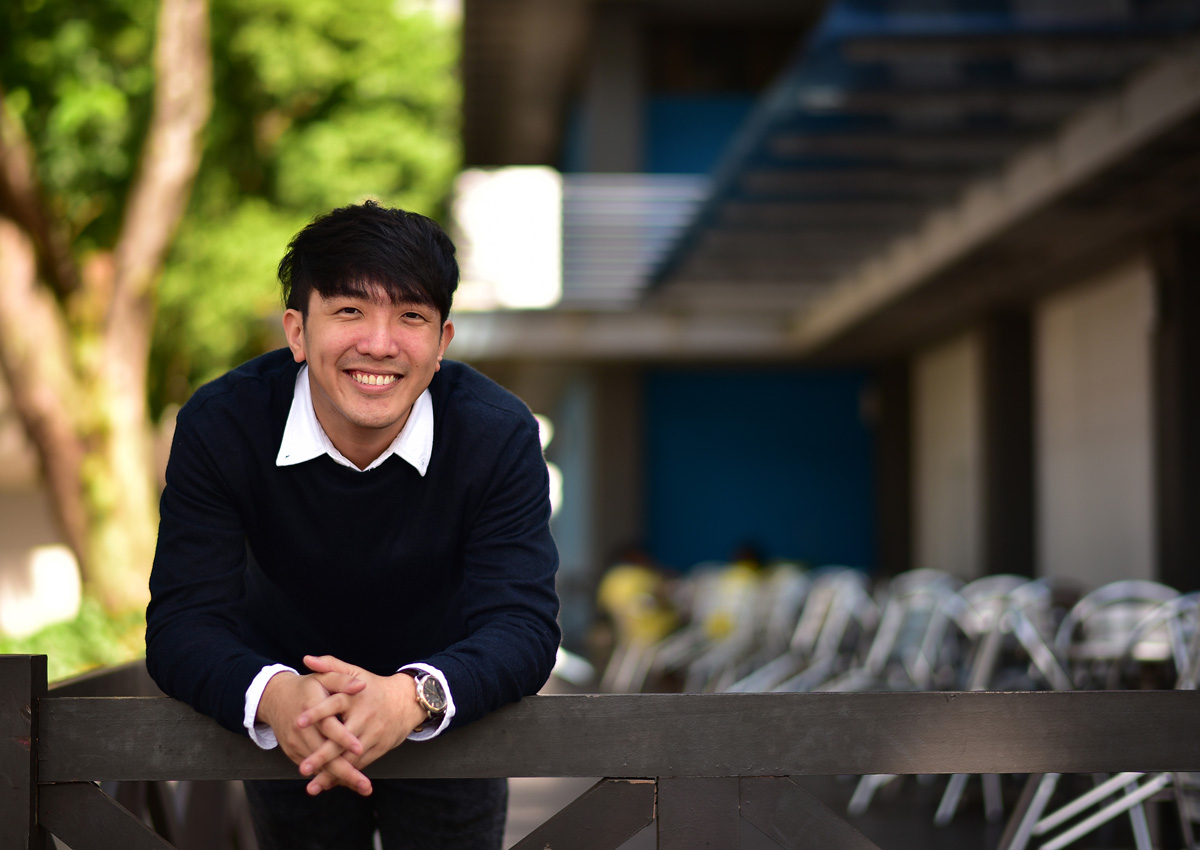Today, 26-year-old Joshua Leong is flying off to the United States to join a prestigious programme for young leaders in South-east Asia.
The five-week experience – initiated by US President Barack Obama – is for young people active in fields such as civic engagement and managing non-governmental organisations.
Mr Leong is one of four Singaporeans in the spring 2016 batch of the Young Southeast Asian Leaders Initiative Professional Fellows Program. Yet it was by chance that he became involved in the social enterprise sector seven years ago.
When he applied to Ngee Ann Polytechnic after his O levels, he was confident of getting his top choice, mass communications.
“So, for my second choice, I thought, ‘anyhow put’,” he recalled with a laugh, using the colloquial term for making a random choice.
He chose – and got into – the new Business and Social Enterprise course, as part of its pioneer batch, and that made all the difference.
Through encountering non-profit organisations and social enterprises during the course, his interest in what they did was awakened.
“It triggered my social passion,” said Mr Leong, a project and marketing executive at Social Lab, which runs social enterprise Dialogue in the Dark Singapore at Ngee Ann Polytechnic.
The local franchise of an international movement, Dialogue in the Dark promotes inclusivity and raises awareness of the experience of being visually impaired.
Mr Leong helped to organise its official launch in 2009, then spent the first semester of his third year interning there.
Those six months were very different from listening to lectures: “That was the trigger. It gave me the empowerment to make decisions. To really go hands-on… It gave me a sense of responsibility, that I had to level myself up.”
After graduating in 2011 and doing his national service, he did a degree in business management at RMIT University – working with Dialogue in the Dark all the while.
With a mother who is an auditor and a father who works in the extended family’s equipment business, Mr Leong – the eldest of three sons – is sensitive to the demands of running a company.
“For social enterprises to be sustainable, business elements count for a very huge part of it,” he said.
These include human resource management and risk evaluation – and, crucially for social enterprises, how to balance profit margins with social impact, he added.
He hopes to gain such expertise over the next five weeks on the young leaders’ programme in the US. There, he will do a stint with multinational professional services firm Deloitte.
The programme is funded by the US Department of State and administered in ASEAN by American Councils for International Education.
Mr Leong is among nine Singaporeans who have been on the programme since it began last year.
There have been more than 3,000 applicants from ASEAN countries since then.
An American Councils spokesman said that, in selecting fellows, it looked for people who are “motivated, professionally driven, and who we believe would capitalise on the experience”.
Mr Leong thinks one factor which may have helped him was his vision for a social enterprise of his own – something he talked about in the final selection interview.
He is thinking of a training hub for marginalised groups such as those who are visually- or hearing-impaired.
“Right now, we are trying to find jobs that can cater to these people,” he said. “But to change the mindsets of Singaporeans, it would be better to equip them with skills to put them on a level playing field.”
Only then will people see them as “equally capable”, instead of workers who require special treatment, Mr Leong added.

This article was first published on April 25, 2016.
Get a copy of The Straits Times or go to straitstimes.com for more stories.






